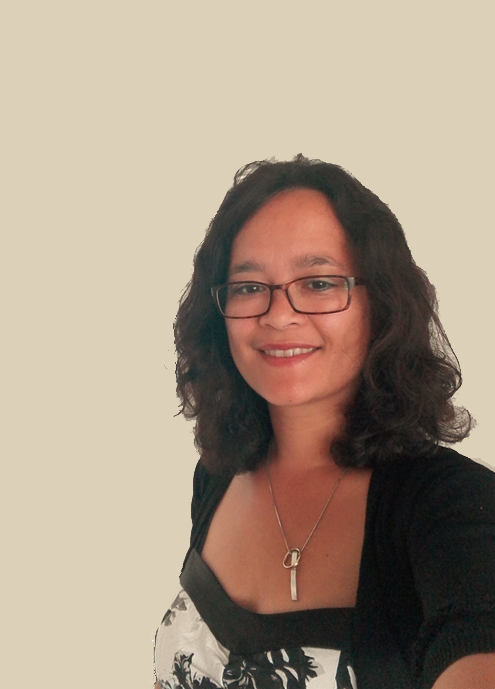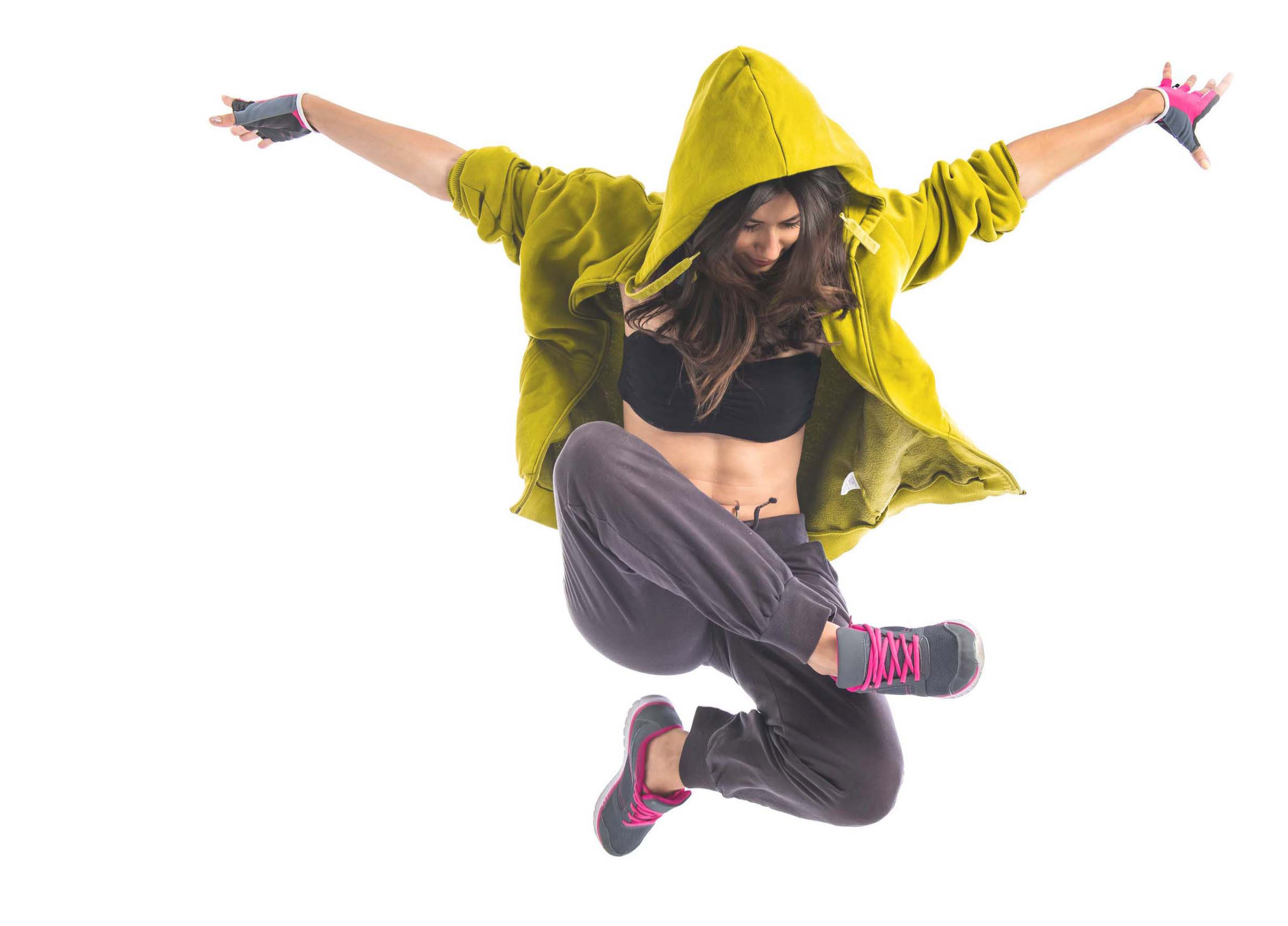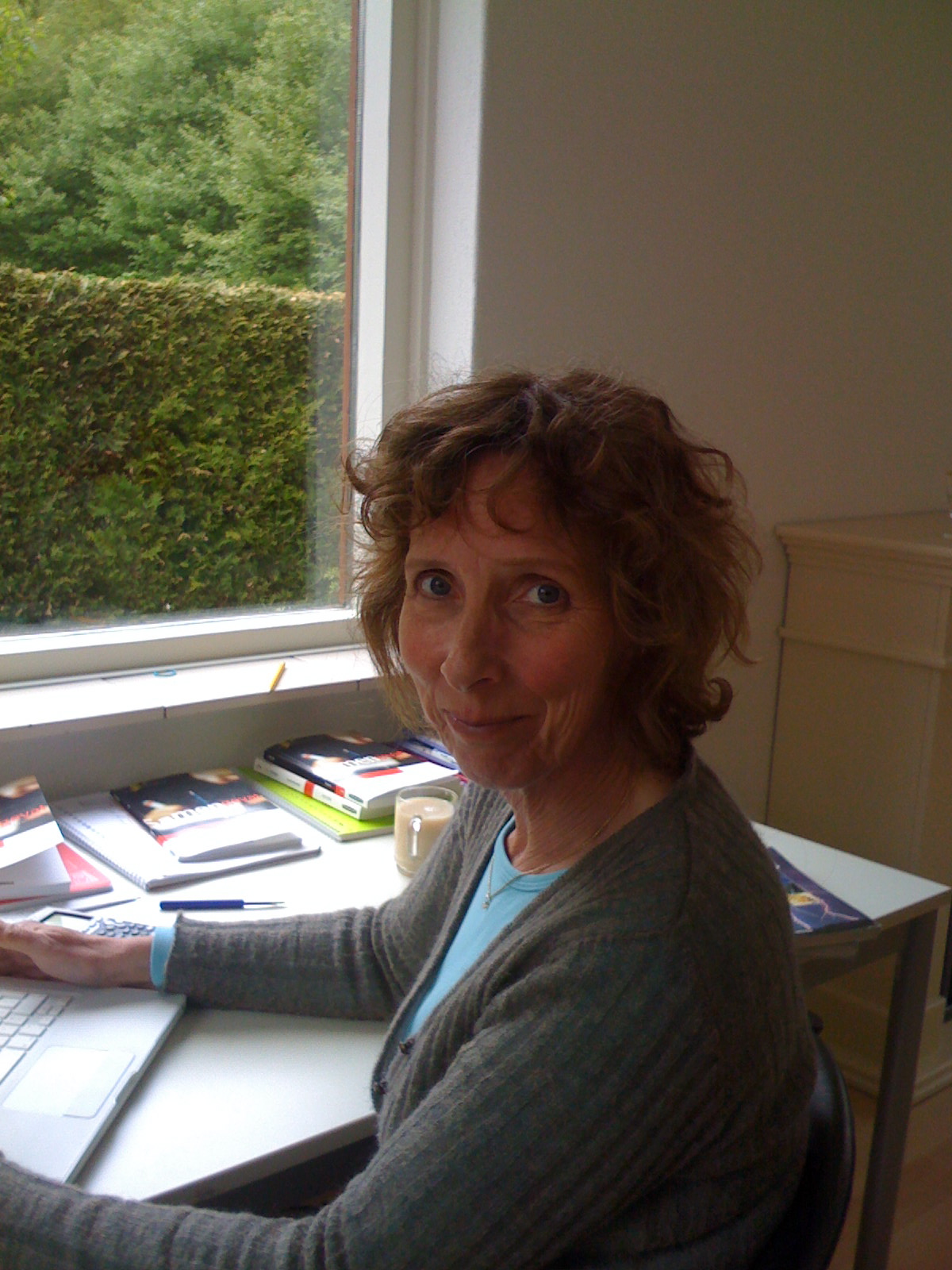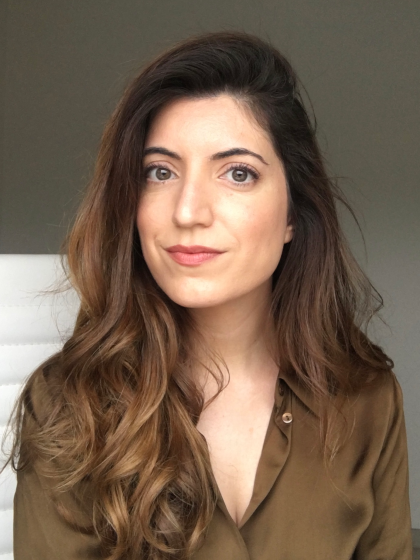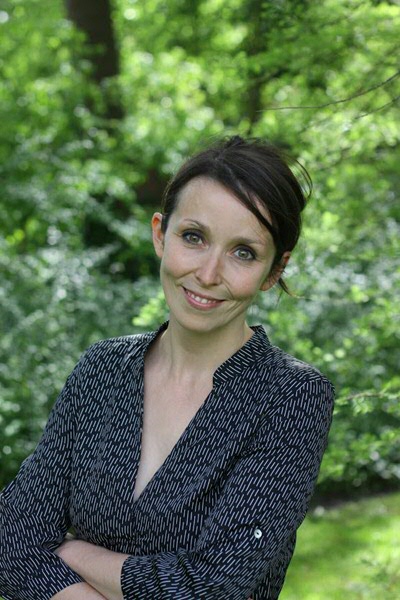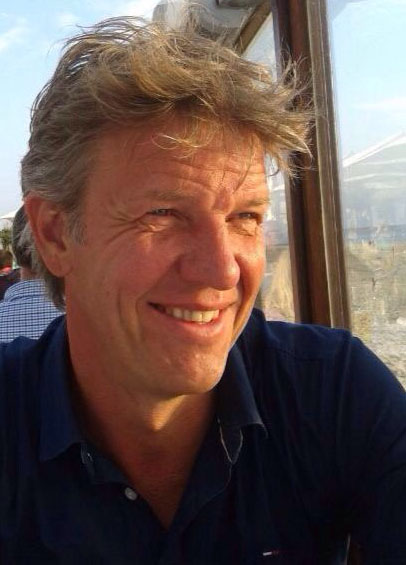
student Richard Boer
The things I learned in the first few months of theory worked well for my internship. I was very well prepared.
Hi, my name is Richard Boer and I am 49 years old. I study the master's degree programme 'Youth, Society and Policy'. Originally I am a system therapist and I am also a teacher at the 'Hogeschool Leeuwarden'.I wanted to do a master’s degree and then I heard about this new study programme. I have been to an information event twice and based on that I made my choice. Especially the fact that you are working with policies greatly encouraged me.I am very pleased with the structure of the study programme... It leans towards Sociology but it has also something to do with Education (Onderwijskunde). We think about issues like ‘How do you develop a project in an organization?’, and ‘A new method will be introduced, but how should this be addressed?’With some fellow students we have produced a policy piece. That was very nice to do!After a few months of theory, your internship will start. I am currently doing an internship at the municipality of Leeuwarden. During such an internship you will get to know an organization at the policy level. I learn what it is like to work with different parties who all want something from, in this case, the municipality of Leeuwarden. Very interesting! In addition, the things I learned in the first few months of theory worked well for my internship. I was very well prepared.This year, only ten people study ‘Youth, Society and Policy’. I like that very much, because you have a lot of contact with your fellow students and your teachers. Moreover, it is an international study. This year we had two students from Germany and Spain. In this way, you learn something about the policy in other countries and how they shape it. The language is English, and I like that too. My English has therefore improved quite a lot during the past few months.
lees verder ...


